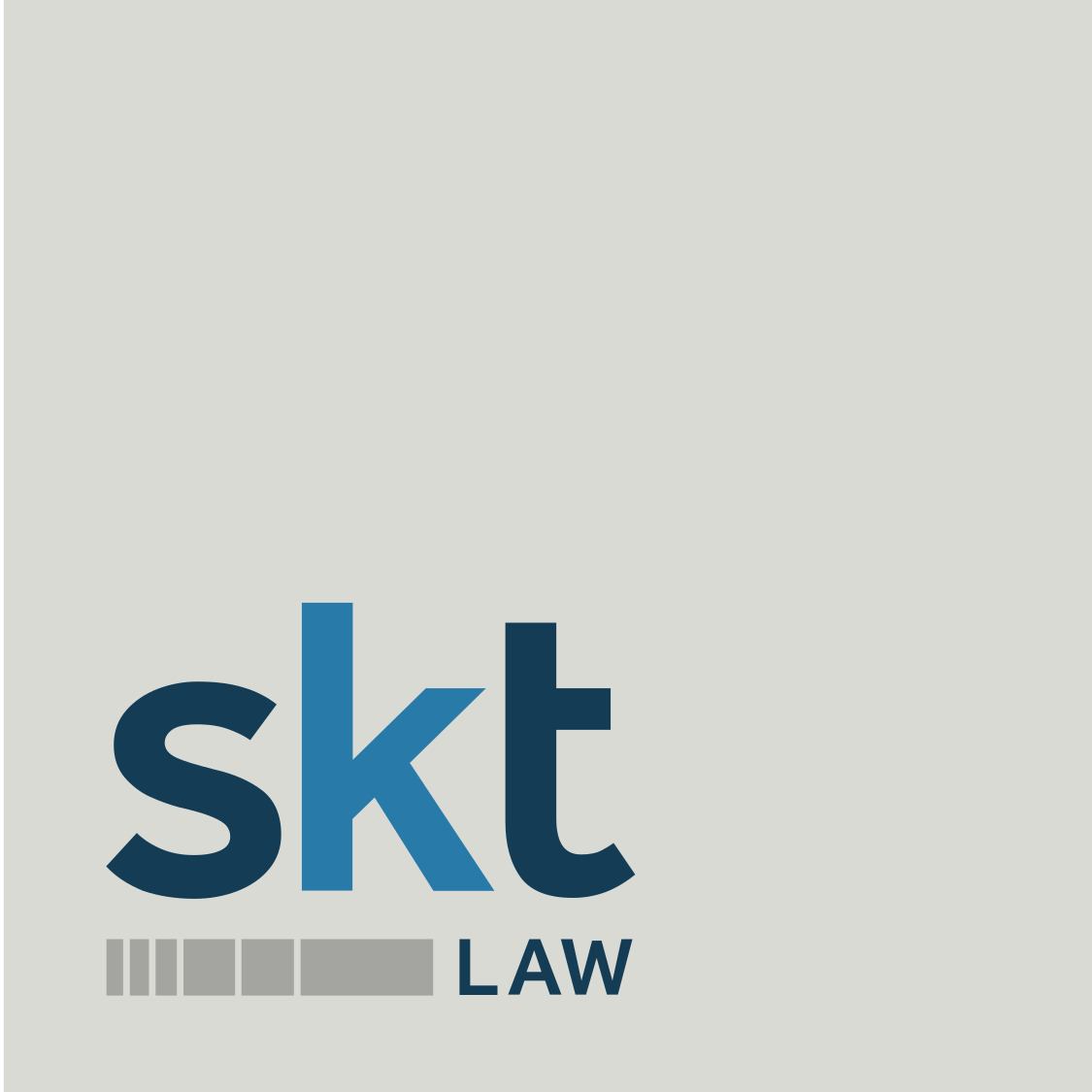According to a 2017 report by Forbes, the majority of U.S. companies are going to hire foreign employees. Based on 442 surveyed employers, 55% said they were going to hire overseas team members—an increase of more than 20% over data collected in 2016. Most of these new hires will enter the U.S. on H1B visas, and the majority will find employment in the tech industry. There are many misconceptions about H1B visas.
If you are seeking entry into the United States on an H1B visa or if you are an employer planning to hire foreign professionals, there are some basic things that you need to know. Applying for an H1B visa can be complicated and frustrating; working with experienced immigration attorneys can help you achieve your immigration and employment goals.
What is a H1B Visa?
The H1B visa is a non-immigrant, employment-based visa for temporary hires. To get an H1B visa, an employer must offer the foreign professional a job and apply for the visa on the potential hire’s behalf. Once approved, the H1B professional can temporarily live and work, specifically for the petitioning employer, in the United States.
Who is Eligible for the H1B Visa?
The H1B visa is reserved for foreign professionals in specialty occupations, which requires higher-level education and specialized skill or knowledge. A “specialty occupation” is defined as “an occupation that requires (a) theoretical and practical application of a body of highly specialized knowledge and (b) attainment of a bachelor’s or higher degree in the specific specialty (or its equivalent) as a minimum for entry into the occupation in the United States.” If your status is put into question, your best bet is to search for immigration lawyers, and find one with experience relevant to your personal scenario.
How Long Can You Stay in America on an H1B Visa?
The maximum length of stay on an H1B visa is six years. The initial visa is valid for up to three years and can be extended by another three-year increment. The H1B professional’s spouse and minor children can remain in the U.S. under H-4 status for the same length of time.
What are the Potential Reasons for H1B Visa Denials?
There are various common reasons why the United States Immigration and Citizenship Services (USCIS) may deny an H1B visa petition.
One common reason for a denial is that USCIS does not deem the foreign professional as entering a specialty occupation. For a job position to qualify as a specialty occupation, the petitioning employer must show at least one of the following:
A Bachelor’s Degree or its equivalent is the minimum requirement for entry into that position;
The degree requirement is a common one for the position in the specified industry;
The employer normally requires a degree or its equivalent;
The nature of the job’s duties is so specialized and complex that knowledge required to perform the duties is usually associated with attainment of the degree.
Another common reason for an H1B denial is an inadequate showing of the employer/employee relationship. A red flag is triggered for USCIS officers when an employee works off-site, which raises the suspicion that the H1B professional will not be working for the petitioning employer. Extensive evidence is needed to prove that the petitioning employer will have sole right to control when, where, and how the H1B employee performs the job.
If you are applying for an H1B visa for a potential employee or if your intended employer is seeking H1B status on your behalf, having a qualified immigration attorney will help ensure a smooth process. Request a consultation here to get the legal assistance you need.
